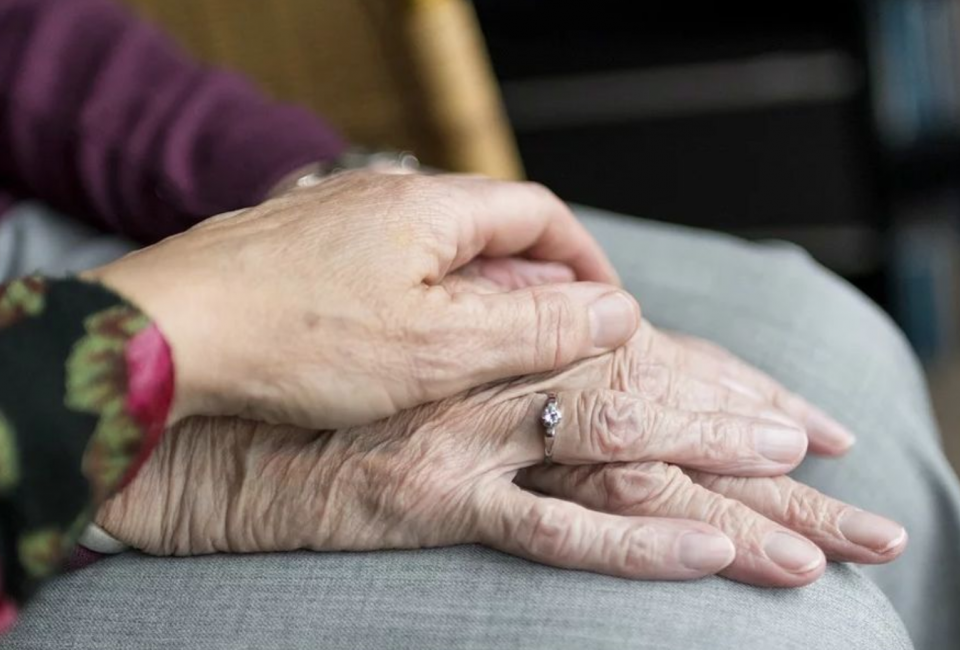
UVic-UCC leads a consensus document of recommendations for ethical and clinical decision-making in residences in the context of COVID-19
In this context, two chairs of the University of Vic - Central University of Catalonia (UVic-UCC) have produced a document containing recommendations for ethical and clinical decision-making for healthcare professionals in residential homes. The two Chairs are the Chair in Palliative Care with the Catalan Oncology Institute (the Qualy Observatory at the ICO) and the Chair in Bioethics - Grífols Foundation. The document is entitled "Recomanacions ètiques i assistencials per a l’atenció a residències en el context COVID-19" [Ethical and care recommendations for care in residential homes in the COVID-19 context], and the authors are Xavier Gómez-Batiste, director of the Chair of Palliative Care; the deputy director, Jordi Amblàs; the director of the Chair in Bioethics and the Grífols Foundation, Núria Terribas; Anna Casellas-Grau, lecturer at UVic-UCC and researcher at the ICO; Xavier Costa, lecturer in the Faculty of Medicine; Begoña Roman, president of the Social Services Ethics Committee of Catalonia; and Marina Geli, coordinator of the Centre for Health and Social Care Research(CESS) at UVic-UCC.
The series of recommendations has also been produced with the help of several professionals and with the agreement and support of various institutions in the sector: the Integrated Social and Healthcare Programme (PAISS) of the Government of Catalonia, the Catalan Association of Assisted Residences (ACRA), the professional associations of four sectors (medicine, nursing, psychology and social work), the scientific societies of Palliative Care, Geriatrics, and Family and Community Medicine, and the president of the Bioethics Committee of Catalonia.
A multidisciplinary approach
In the document, the experts compile and describe the measures to be taken in order to provide high quality care to people who need it and their families during the current health emergency situation. "The situation arising from the pandemic specifically affects residential homes because of the vulnerability of the people who live there, the limitations on resources and the pressure from other areas of the system, as well as the impact on professionals, whose historically difficult situation in terms of resources has deteriorated," says Xavier Gómez-Batiste.
Bearing this situation in mind, the document "aims to provide tools for decision-making in the current crisis, with limited internal and external resources," says Núria Terribas. To that end, it establishes the criteria for decision-making during care, the palliative care required, the criteria to be applied when transferring patients, the support that the professional team must receive and coordination with the resources in the region, among others areas. "It has been produced based on respect for the people receiving care and recognition for the health and social professionals who care for them with commitment, involvement and dedication," adds Terribas.
According to the document, in order for patients in residential homes to be cared for properly, professionals must adopt a multidisciplinary approach that enables them to make a correct assessment of each case, and draw up a personalised therapeutic plan. The experts recommend that this plan includes care for both the patient and their families, taking into account their preferences, priorities, beliefs and values.
Download the document (attached document) https://drive.google.com/file/d/1LYu9NASIL9bQFl2K3zbEt_YBTezUOsJK/view